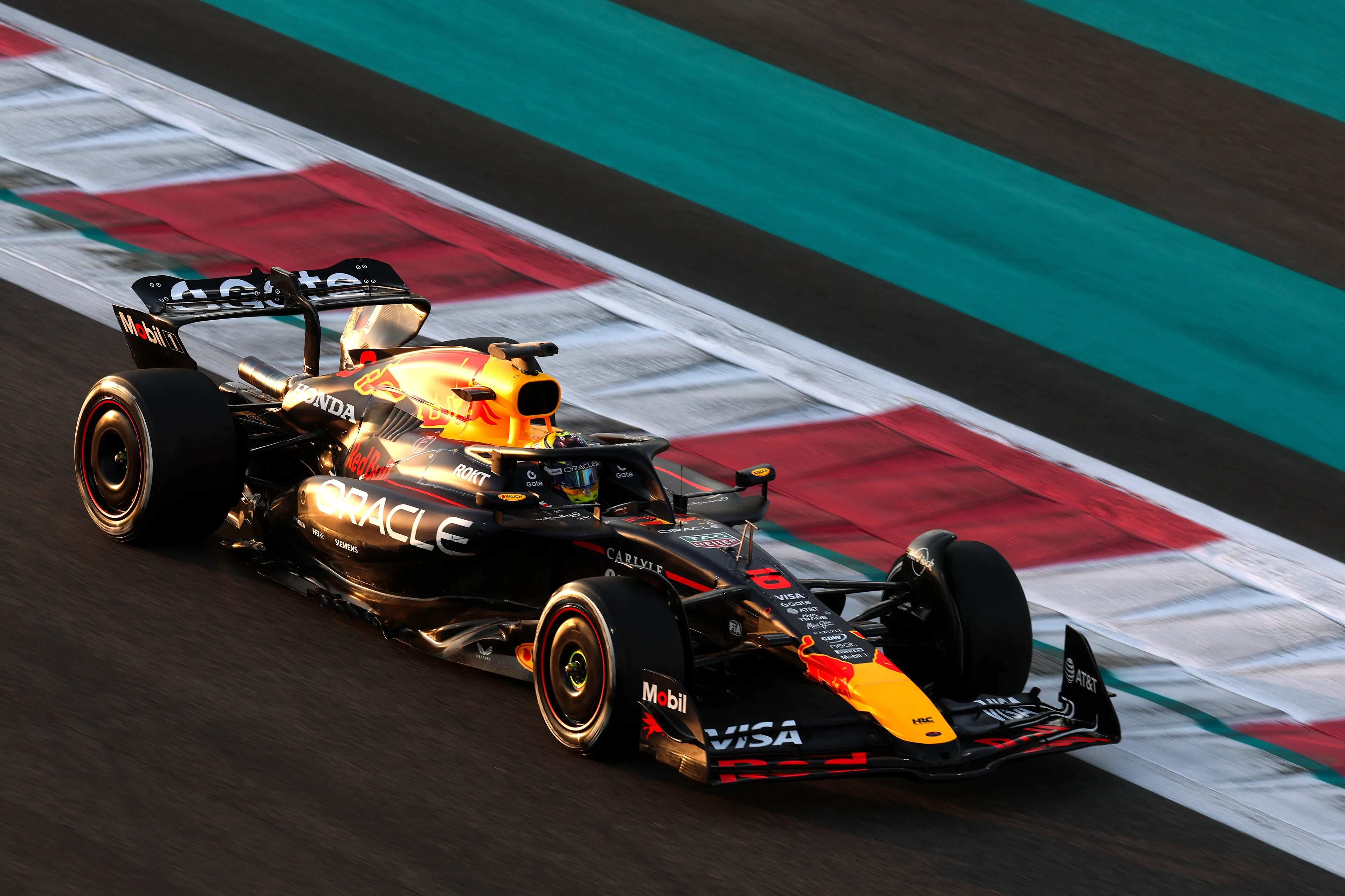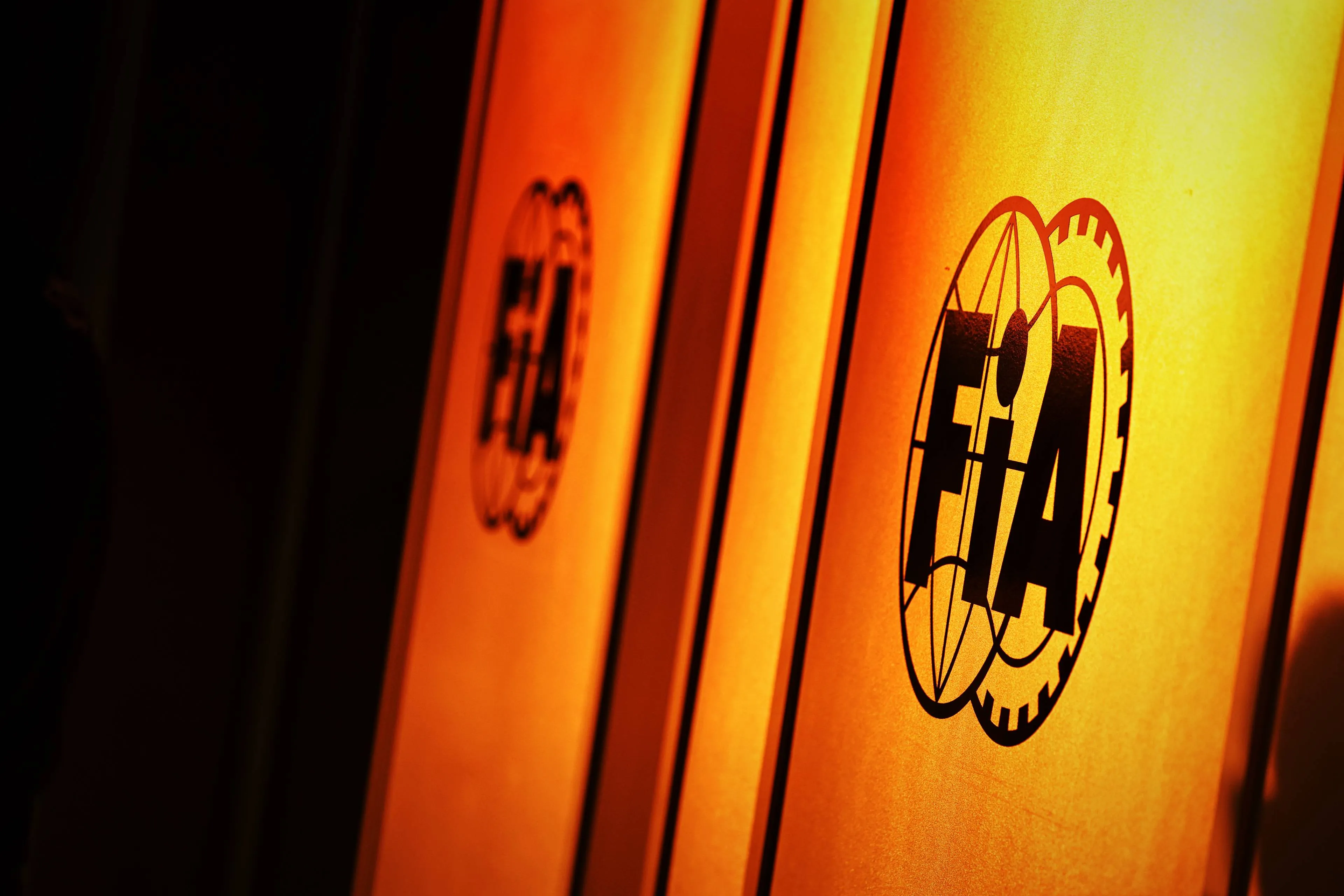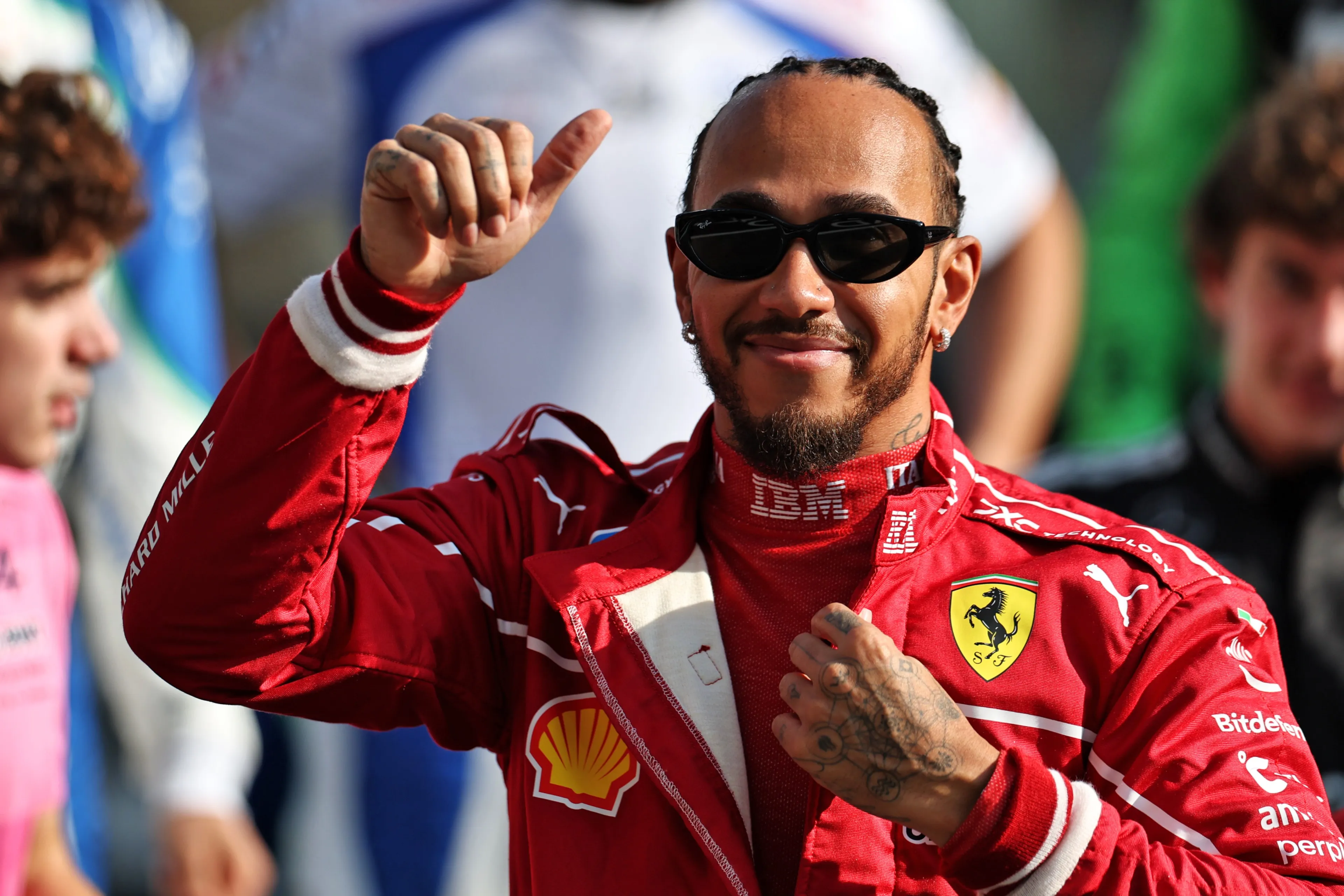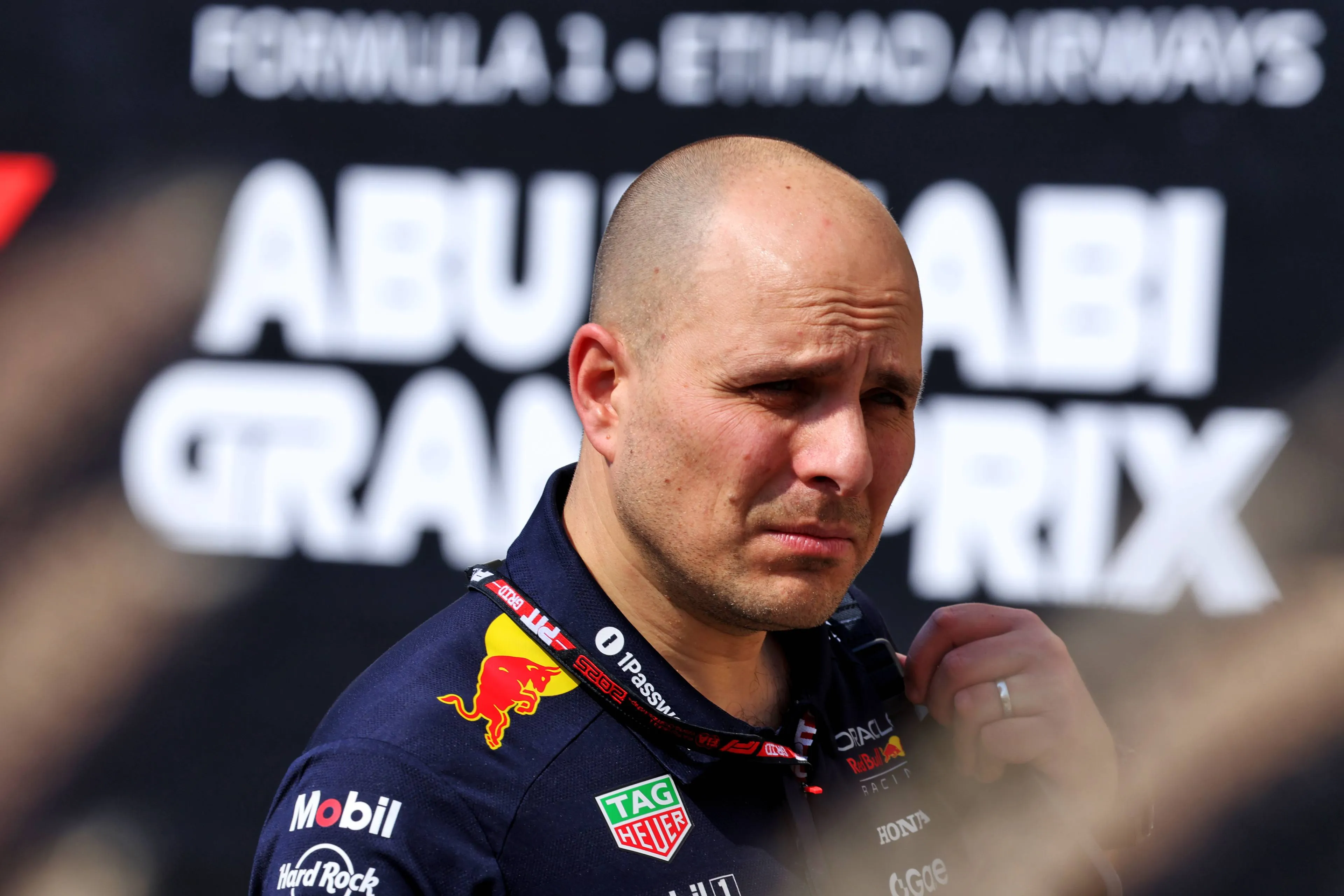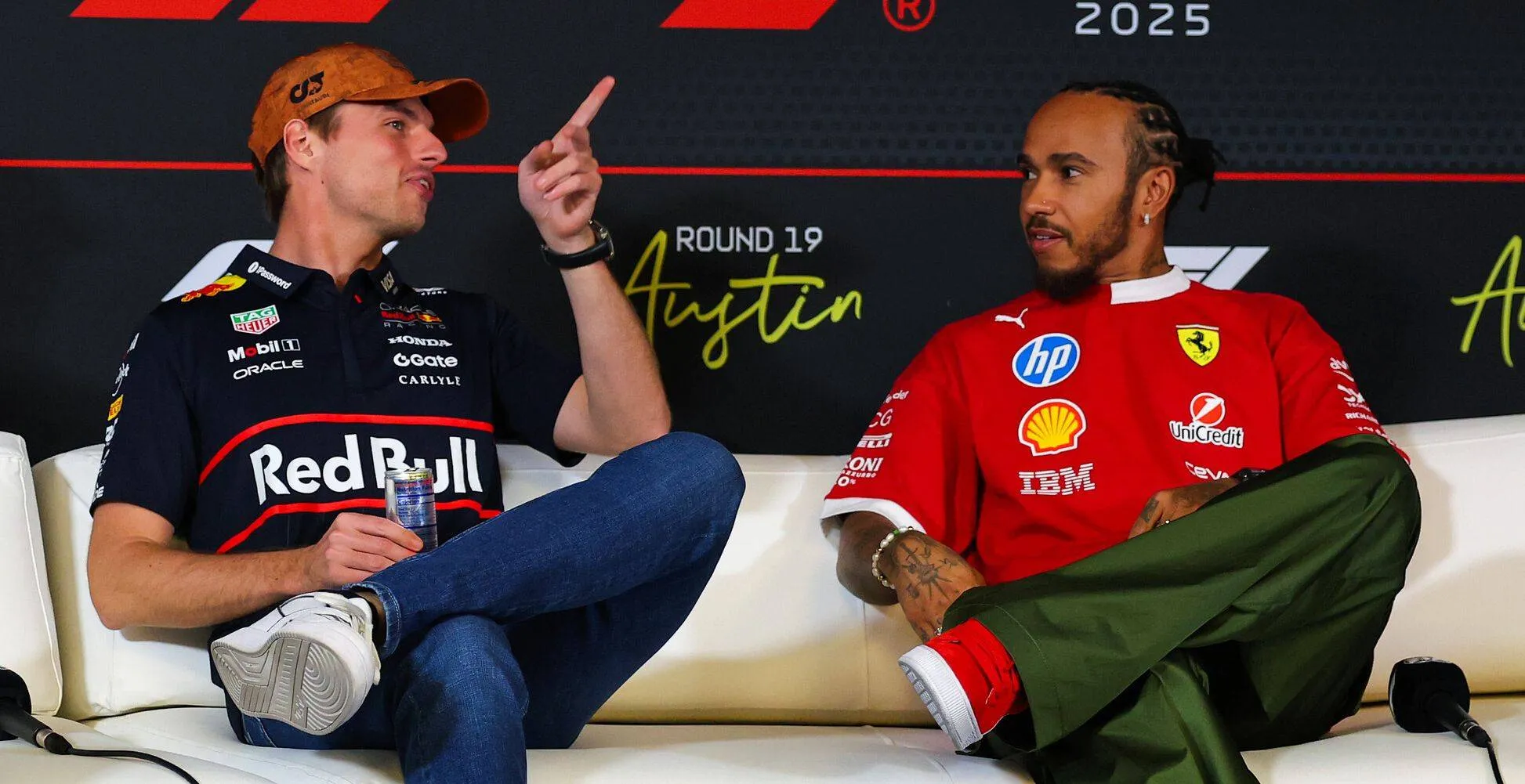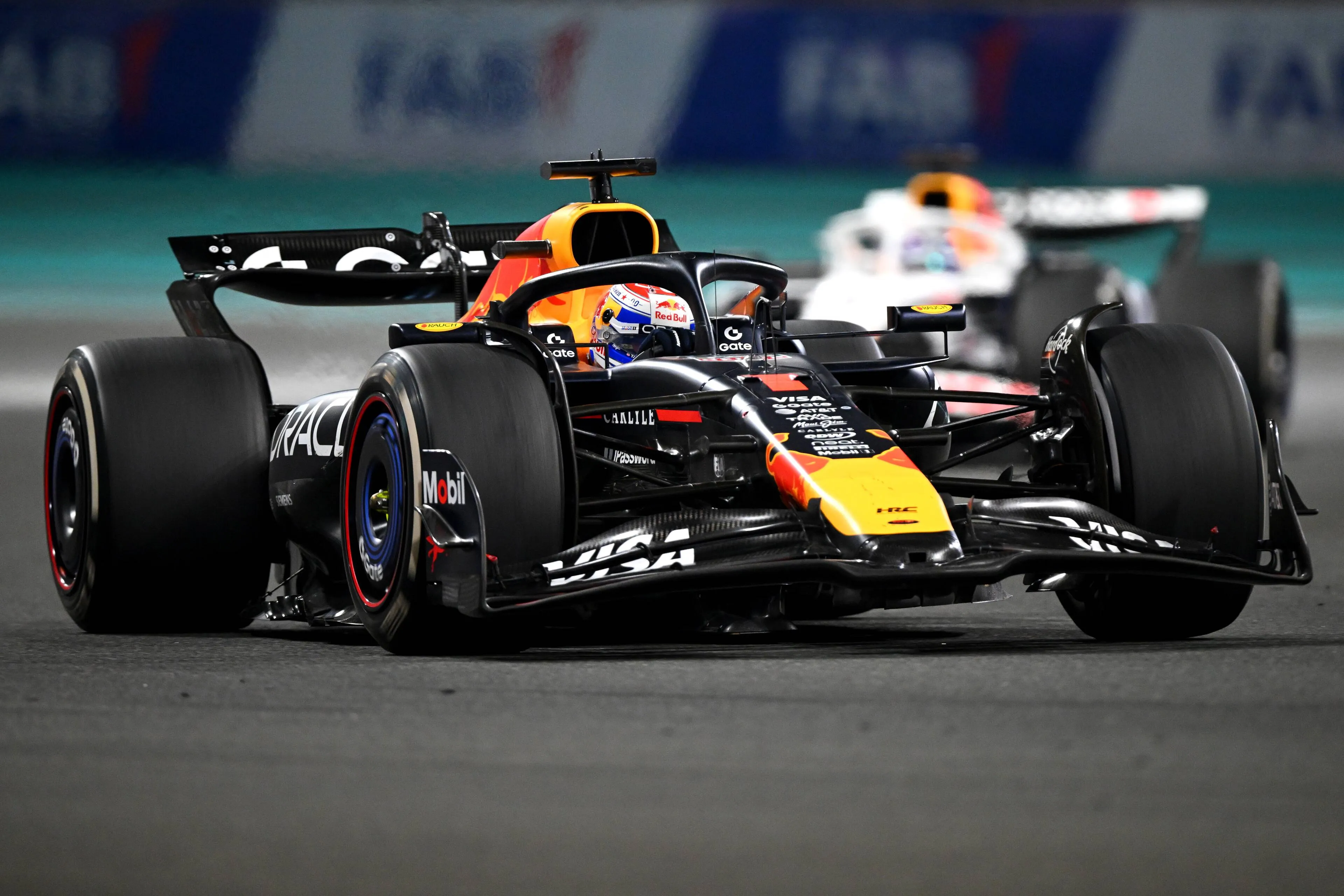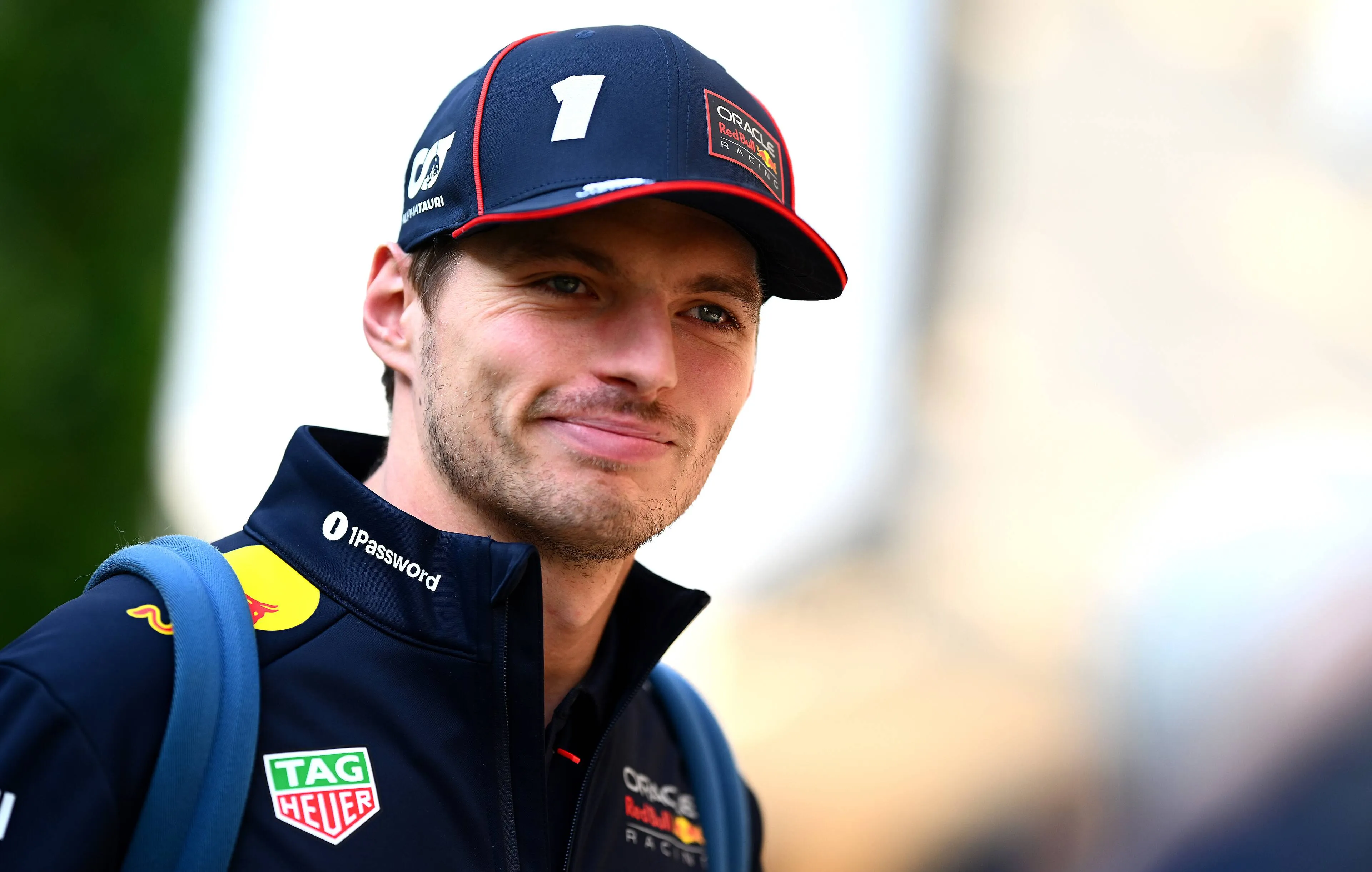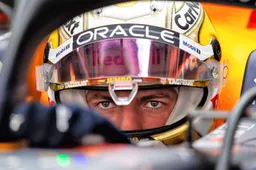At a time when people and companies of Russian descent are increasingly being barred, any possible links with the country are also under a magnifying glass in Formula 1. The FIA decided to cancel the upcoming editions of the Russian Grand Prix and Haas broke their deal with title sponsor Uralkali, but they are certainly not the only stakeholders from the country.
Russian influence at the FIA
In line with sports federations worldwide, the FIA also announced sanctions against Russia. In consultation with the World Motor Sport Council (WMSC), the organization came to the decision not to hold races in the country in the coming years. In addition, drivers from the country may only race under a neutral flag and must sign a statement distancing themselves from the Russian invasion of Ukraine.
But what about Russian stakeholders in board positions? In the same statement, the FIA reports that its members with Russian or Belarusian nationality must resign their duties for the time being, but that decision does not appear to be final for the time being. In fact, the same document mentions that the decision still needs to be approved.
Therefore, it is not clear whether Victor Kiryanov, President of the Russian Motor Sport Federation and member of the World Motor Sport Council, will indeed have to resign from his duties. Kiryanov is highly regarded in Russia: for example, he was deputy interior minister from 2011 to 2015 and holds two state awards for merits to his homeland.
The Russian Autosport Federation, which has strong ties with the FIA, strongly condemned the sanctions, calling the decision "discriminatory."
Russian drivers
The FIA did decide that drivers from Russia and Belarus are welcome for the time being, but there are a number of conditions attached. For example, they are not allowed to participate under the Russian flag and the Russian national anthem will not be heard in the coming period. In addition, participants must sign a document stating support for Ukraine and no reference to Russia is allowed in any way.
That dilemma was spared Nikita Mazepin, who has yet to complete his mandatory military service. The Haas team pulled its own plan and removed title sponsor Uralkali (and the accompanying Russian-coloured livery) from the car during the Barcelona winter test. Mazepin was allowed to continue working for the time being, but his fate seemed sealed.
That was confirmed when Haas announced it was breaking with Uralkali, the fertilizer company owned by Dmitry Mazepin, whose funding ensured his son had a seat in Formula One. Mazepin's contract thus came to an abrupt end.
A different story played out with Daniil Kvyat, who faces an uncertain future in the World Endurance Championship. His team boss, Roman Rusinov, refused to sign the FIA's document distancing himself from the Russian invasion of Ukraine. Reportedly, Kvyat also refused to sign, so he will not be allowed to race for another team either.
Russian sponsors: silence around Ferrari and Kaspersky
Uralkali was prominent in Formula 1 as the title sponsor of Haas, but it is not the only Russian sponsor in the sport. For example, nothing is officially known as of yet about Ferrari's sponsorship contract with cybersecurity company Kaspersky. That contract was renewed in December, but it remains to be seen whether the partnership can last.
Russian Grand Prix
Then there is the Russian Grand Prix, which has had a permanent place on the Formula 1 calendar for many years. In 2023, the Igora Drive circuit, near St. Petersburg, was intended to take over the Grand Prix from the Sochi Autodrom. However, the new venue is already experiencing the effects of the Russian invasion of Ukraine, as the premier class of motor racing has already said that it will not race in the country in 2023 either.
Bernie Ecclestone
A very big name in the Formula One world thinks it is nonsense that the Russian Grand Prix is being scrapped and that Russian drivers and teams are not allowed to compete. Bernie Ecclestone is known for his reputation as a rock-hard businessman and this is underscored by his attitude towards the current situation.
For Ecclestone, business comes first, and despite the fact that he left as Formula One boss a long time ago, he is still considered an influential person in the sport. The 91-year-old Briton believes that banning Russia from sporting competitions will not affect Vladimir Putin and, in addition, believes that sport has nothing to do with war.
Consequences of banning Russian presence in F1
Russia's influence is currently the focus of attention everywhere. The question is how far that influence goes and whether ties with the country can be severed without major consequences. For example, governments, companies and individuals alike are being confronted with the facts regarding their dependence on facilities from the country.
The same is true to a lesser extent for Formula 1. Russian interest in the premier class of motor racing is relatively recent and the country's presence there has not yet penetrated very deeply. As a result, the sport is not so dependent on the country that problems will arise from keeping out Russian influences.
The Haas team is perhaps the best example of this. The American stable may have been largely dependent on Uralkali's funding, but the team did not hesitate for a moment to remove the name of its title sponsor from the car.
That happened overnight, and a week later the sponsorship deal was history. Team boss Guenther Steiner immediately declared that his team could do without Uralkali and thus set a clear example. The conclusion is clear: if Haas can do it, so can Formula 1.
Read more about:
Popular on GPBlog
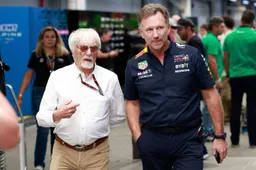
1
Rumors about Horner's return intensify: Here's where things stand
1163 times read
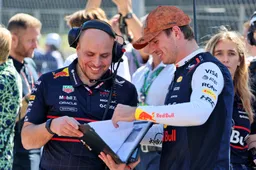
2
F1 Today: Verstappen handed big Lambiase news, F1 team makes changes to launch date
937 times read
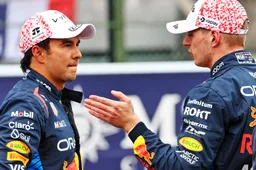
3
Perez is mostly just seeking attention with an absurd claim about Verstappen
576 times read

4
Valtteri Bottas makes Ferrari switch ahead of 2026 season opener
571 times read
Loading


